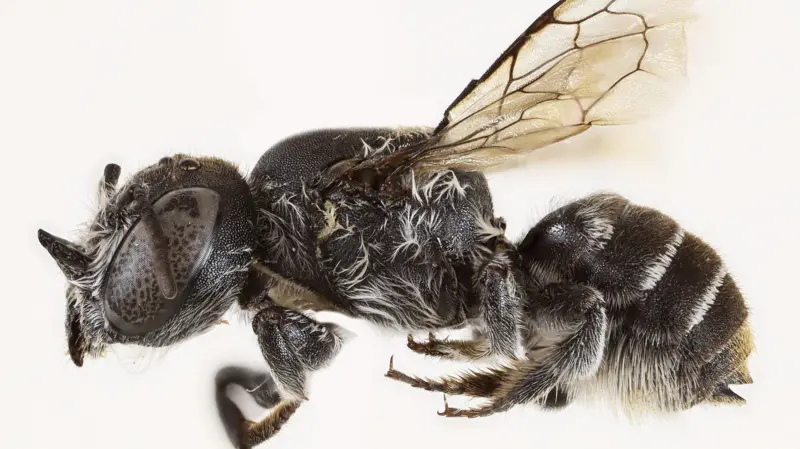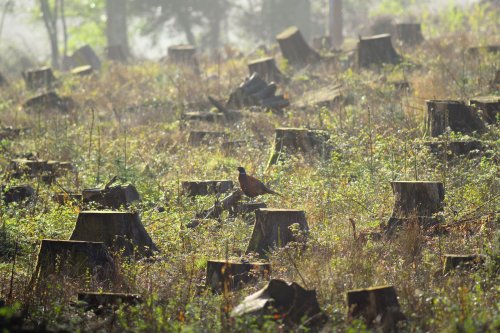A rare flower grows in the Bremer Mountains in western Australia. Scientists' observations of this unique plant have led to another discovery — a new species of bee. The insects have a previously unseen feature — horns on their heads.
This was reported by BBC News.
The purpose of the horns remains unclear to researchers. Theoretically, they could be used for protection, gathering material for building a hive, or pollen. An interesting fact is that the horns are only found on the heads of female insects.
Researchers emphasize that the species' habitat should be recognized as a protected area and preserved. This is stated in a report by scientists in the Journal of Hymenoptera Research.
Fragile harmony
The newly discovered insect species lives in an area where a rare plant grows. Scientists see this as a sign of the ecosystem's vulnerability, because if the flora disappears, the fauna will disappear too. Any climate change that could upset the local balance would deprive the world of unique relict species.
Researchers also point out that mining companies are not very careful in assessing their impact on the environment. Many of them do not take into account how mining will harm the existence of local bees.
“We may not know about the existence of undescribed species, especially those that play a crucial role in ecosystems that are threatened with extinction,” said Dr. Kit Prendergast of Curtin University.
EcoPolitic has previously written about how restoring the steppe and repopulating it with wild animals can help curb global warming.





